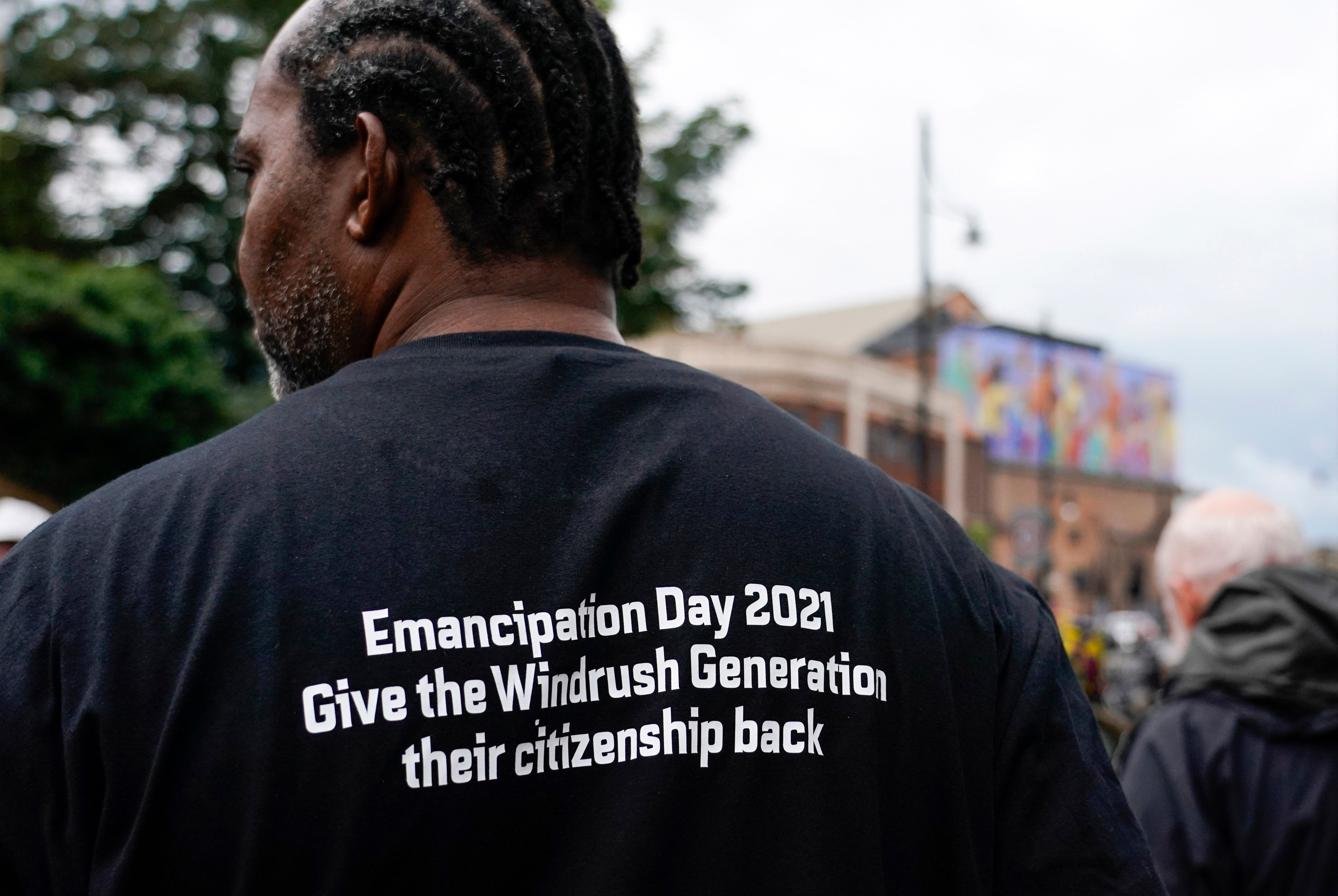UK still struggling to address Windrush scandal failings
The U.K. government agency that oversees immigration is still struggling to address many of the problems that upended the lives of thousands of people of Caribbean descent wrongly targeted as illegal migrants, an independent reviewer said Thursday, more than four years after the scandal rocked Britain

The U.K. government agency that oversees immigration is still struggling to address many of the problems that upended the lives of thousands of people of Caribbean descent wrongly targeted as illegal migrants, an independent reviewer said Thursday, more than four years after the scandal rocked Britain.
The reviewer, Wendy Williams, made that assessment in a report on how the Home Office responded to her original inquiry into the Windrush scandal. “Institutional ignorance and thoughtlessness” surrounding the issue of race were partly responsibly for the scandal, Williams said in a 2020 report that made 30 recommendations for improving the agency.
While much progress has been made, the Home Office has failed to implement some of the most important recommendations, including improved training on issues of race, hiring more senior staff members from minority ethnic communities and increasing outside scrutiny of the agency, Williams said.
“The department is at a tipping point,” Williams said. “It can maintain its momentum and drive the initiatives forward to achieve the systemic and cultural changes required … or it can settle for a situation where it loses impetus, direction and focus, in which event it runs the risk that it may only be a matter of time before it faces another ‘difficult outcome.’”
The Windrush scandal came to light in 2018, when Britain’s news media uncovered stories about long-term legal residents from the Caribbean who were wrongly caught up in a Home Office crackdown on illegal immigrants. Thousands lost jobs, homes and the right to free medical care, many because they arrived as children and couldn’t produce paperwork proving their right to live in the U.K. Some were detained, and an unknown number were deported to countries they barely remembered.
The scandal gets its name from the Windrush Generation of immigrants who came to the U.K. in response to a government call for people from throughout the British Empire to help rebuild the country after World War II.
A program designed to compensate victims of the scandal has been slow to process applications amid complaints that the Home Office shouldn’t be responsible for resolving the claims from the people it mistreated. The Home Office in December acknowledged the “slow start” but said it had overhauled the program to make it simpler and faster.
Home Secretary Priti Patel embraced Williams’ latest report, saying she was “pleased” with what the agency has achieved over the past two years.
“Having said that, there is more to do, and I will not falter in my commitment to everyone who was affected by the Windrush scandal,” she said in a statement. “Many people suffered terrible injustices at the hands of successive governments and I will continue working hard to deliver a Home Office worthy of every community we serve.”
But Williams suggested that the agency has made little progress on some of the most difficult issues facing it, including a reconciliation with members of the Windrush Generation and improved efforts to understand the communities affected by its policies.
She described the Home Office as “potentially poised’’ to make the significant changes necessary.
“It will be tempting to point to the process of implementing my recommendations as evidence that the department has changed,” she said. “But to do so would mean that only part of the work has been done. Now the really hard work begins to embed practices that will promote a different approach and different results.”
Bookmark popover
Removed from bookmarks